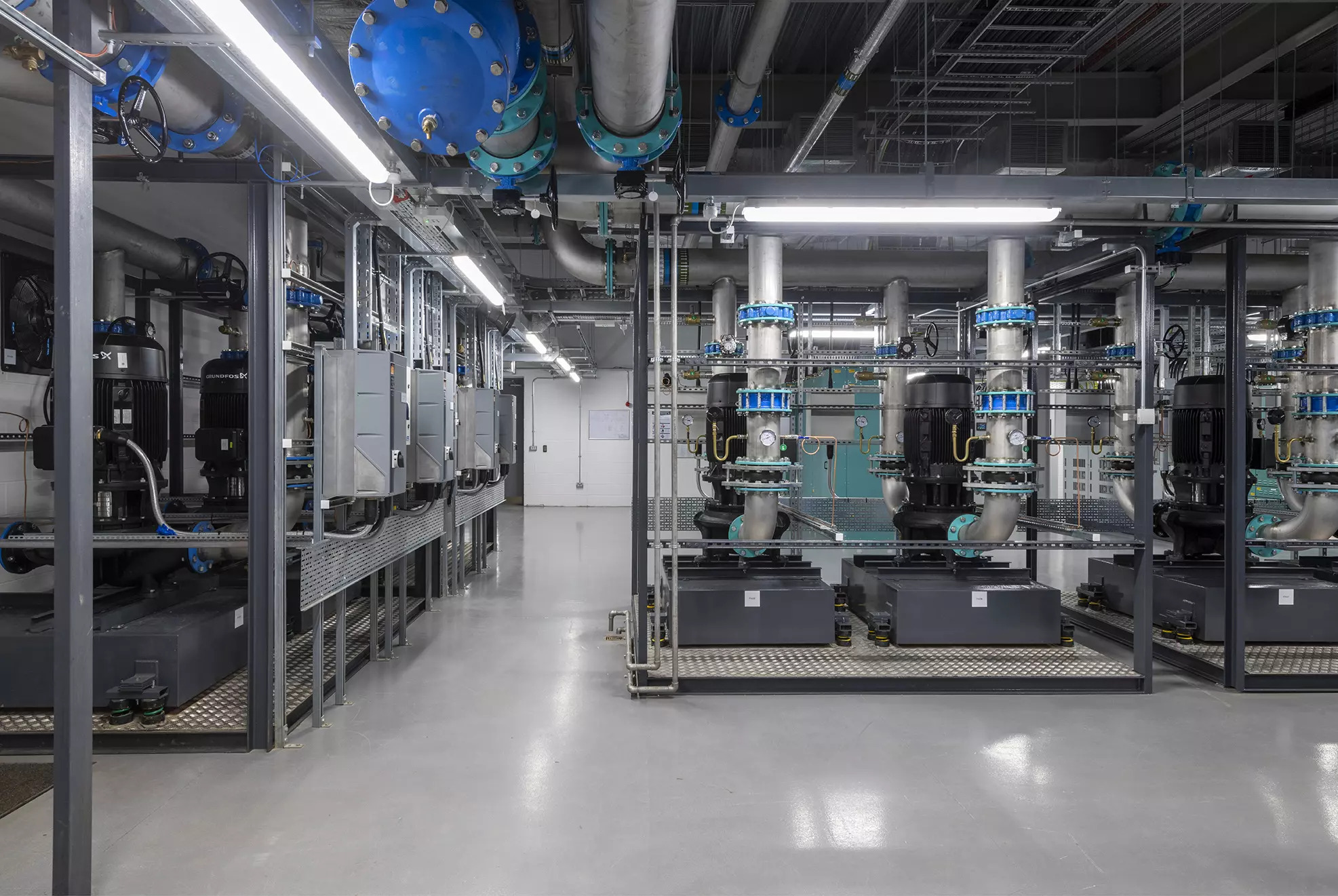A team of researchers in the United Kingdom is conducting tests an innovative system for reusing waste heat from a supercomputing systemwith the potential to provide heat to millions of homes.
This system aims to store excess heat generated by the University of Edinburgh's supercomputing facilities, called the Advanced Computing Facility (ACF), in former abandoned mines.
The ACF, which houses the national supercomputer, currently emits up to 70 GWh of waste heat annually. With the installation of the government's upcoming exascale supercomputer, this figure is expected to rise to 272 GWh.
The viability of this £2.6 million project will be the focus how to use water in old mines to heat houses. The supercomputers' cooling process is adjusted to transfer heat to the mine water, which is then distributed to households using heat pump technology.
If successful, this study could provide a global model for reusing disused mine networks as underground heat storage systems. With a quarter of Britain's homes built on former mines, Up to seven million households could benefit from this approach.

